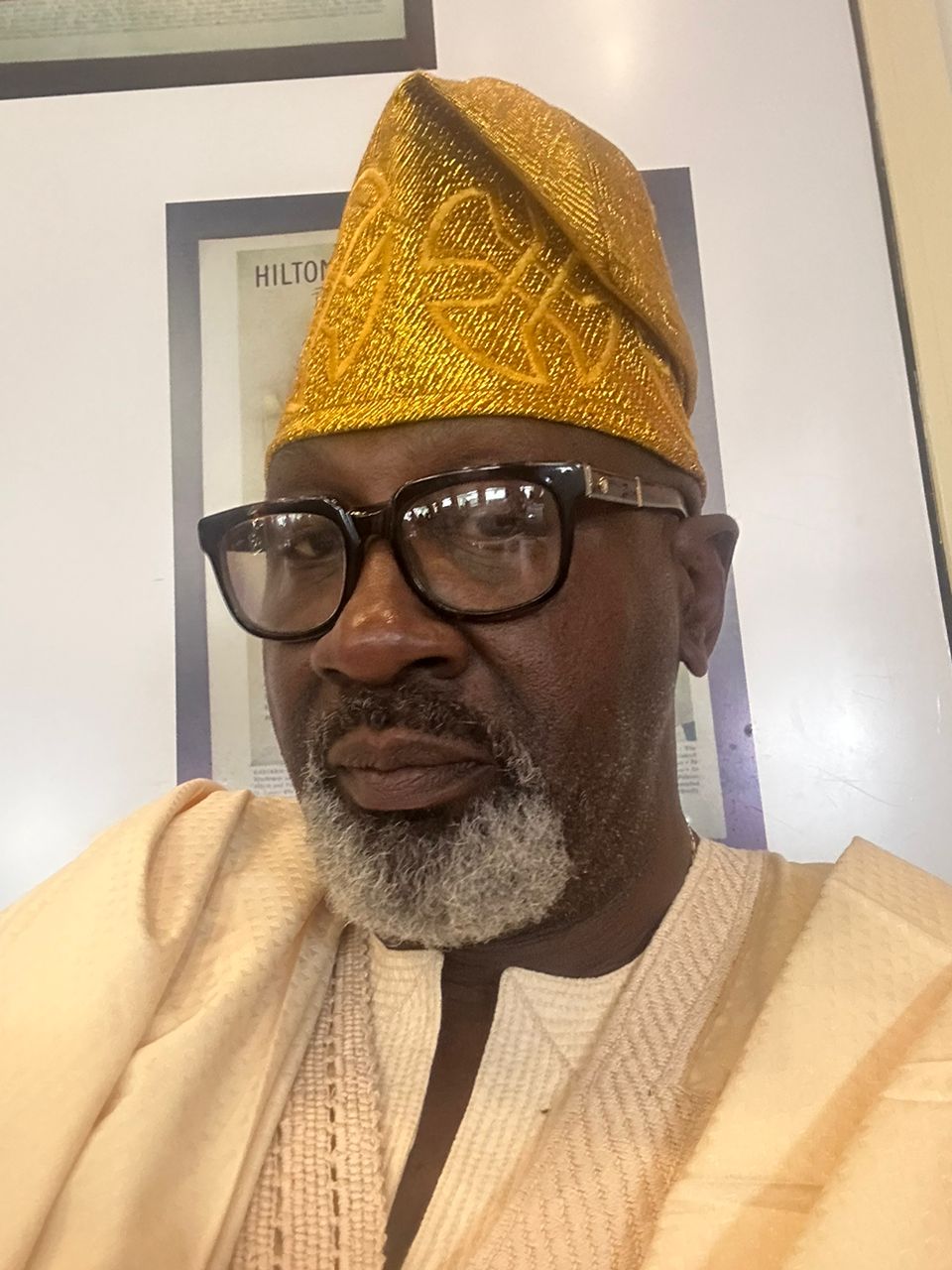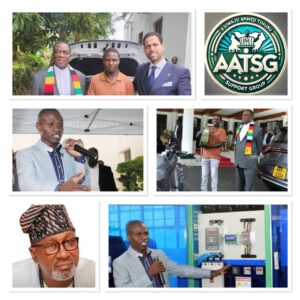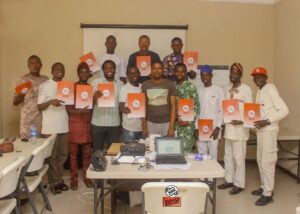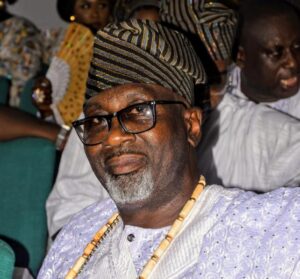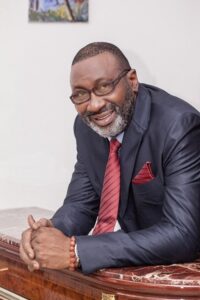Tomorrow is full of new possibilities, so let’s make sure to treat everyone with kindness.
By Abayomi Odunowo.
In the unpredictable rollercoaster ride that is life, the concept of “who knows tomorrow” becomes increasingly prevalent. The interconnectedness of individuals and the ever-changing dynamics of power and influence constantly remind us that no one is immune to the twists and turns of fate. The examples provided of past political leaders and their shifts in status serve as a poignant reminder that one’s position of authority can easily be reversed. In 1985, Dasuki arrested Buhari, only for Buhari to later arrest Dasuki in 2016. Similarly, Al Mustapha arrested Obasanjo in 1995, but found himself behind bars when Obasanjo later rose to power in 1999. These instances exemplify the transient nature of life and power, as well as the unpredictability of the future.
The story of Prof Osibajo and Gov Fashola further underscores this theme of fluctuating fortunes. In 2010, Osibajo was a commissioner answerable to Fashola, but by 2017, Fashola had become a minister answerable to Acting President Osibanjo. This role reversal highlights the precarious nature of hierarchies and the fluidity of relationships in the grand scheme of things. It serves as a stark reminder that no one is guaranteed a permanent position of authority, and that circumstances can change drastically at any moment.
The metaphor of life as a coin thrown up in the air encapsulates the essence of uncertainty and unpredictability. Just as the outcome of a coin toss cannot be predetermined, the future holds a myriad of possibilities that are beyond our control. The idea that “no one knows tomorrow” resonates deeply with the notion that life is a constant journey filled with unexpected twists and turns. It serves as a powerful reminder to approach each day with humility and kindness, as we never know when the tables may turn.
The wisdom imparted by Mugabe and echoed in the message – to treat others with care and respect, for they may hold power over us in the future – is a valuable lesson in humility and compassion. It underscores the importance of using our powers and positions for the benefit of all, and to always stand for what is right, fair, and just. The concept of karma, that our actions will eventually come full circle, is a universal truth that transcends time and circumstance.
The analogy of the Nokia 3310 phone, once a ubiquitous device now rendered obsolete by advanced technology, serves as a stark reminder of the impermanence of material possessions. The juxtaposition of the old dilapidated house with the Volkswagen car against its former glory highlights the transient nature of physical beauty and status. These examples serve as powerful reminders that nothing in life is permanent, and everything is subject to change.
In conclusion, the overarching message of “who knows tomorrow” is a profound reflection on the fragility of life and the inevitability of change. It serves as a poignant reminder to approach each day with humility and kindness, as we never know what the future may hold. The stories of past political leaders, shifting power dynamics, and the fluidity of relationships all underscore the transient nature of life. By treating others with care and respect, and using our powers for the benefit of all, we can navigate the uncertainties of life with grace and dignity. No act of kindness is ever wasted, and our prime purpose in life is to help others and do no harm. Who knows tomorrow? Only time will tell.
Media Contacts
Otunba Abdulfalil Abayomi Odunowo
National Chairman AATSG
URL: www.aatsg.org.ng
Tel: +2349053535322
Email: nchairman@aatsg.org.ng

